Scott Perry
Solopreneur Cornerman at Creative on Purpose

I’m Scott Perry, your solopreneur cornerman—a catalyst for independent business owners who want to build a fulfilling and prosperous business on their terms that funds and fits their...
Show More- Solopreneur Success Strategies: Empowering entrepreneurs to achieve business goals
- Business Creativity and Innovation: Techniques for fostering creativity in ventures
- Purpose-Driven Entrepreneurship: Aligning business objectives with personal values
- Effective Coaching Practices: Methods to guide clients towards achievements
- Building Meaningful Connections: Networking strategies for solopreneurs and creatives.


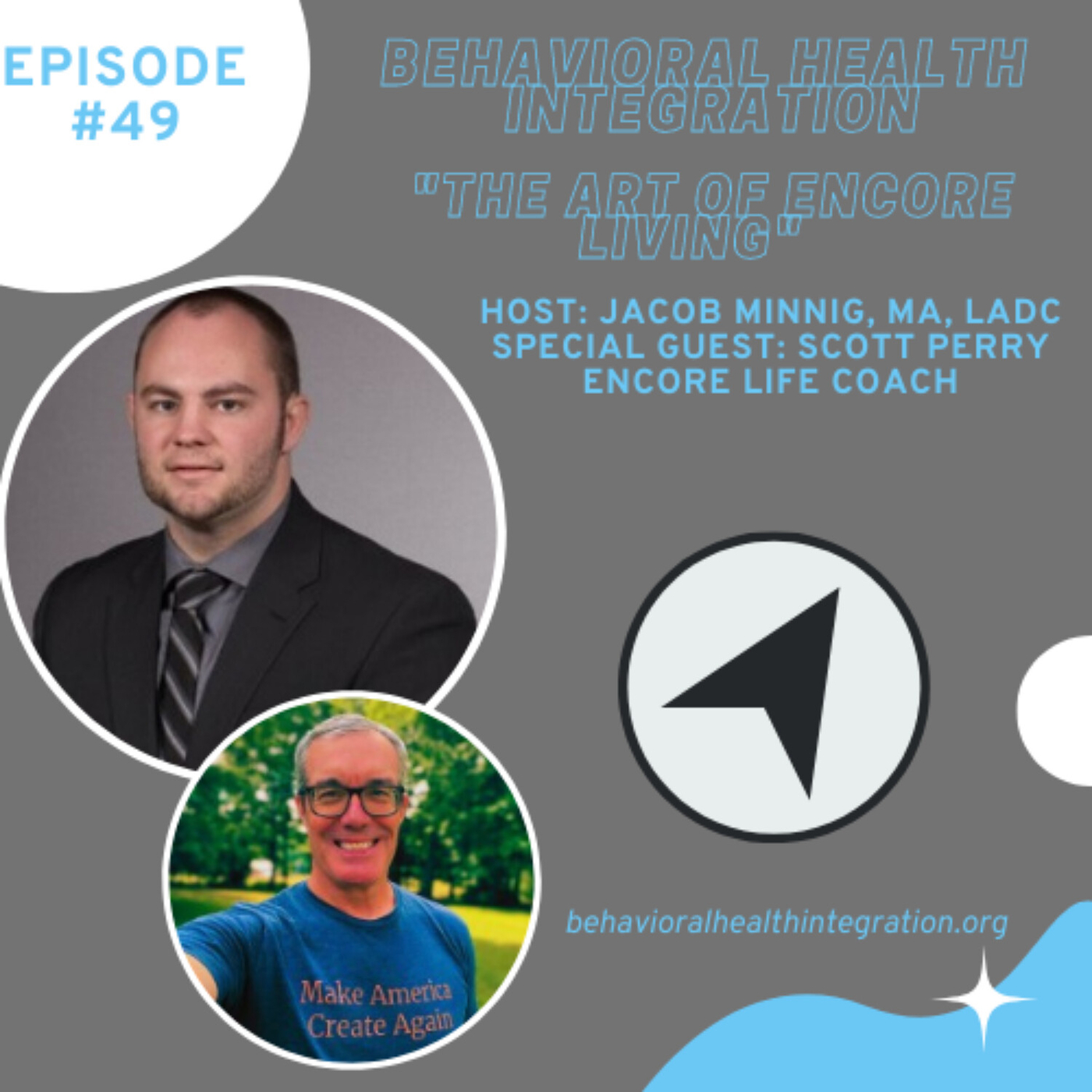
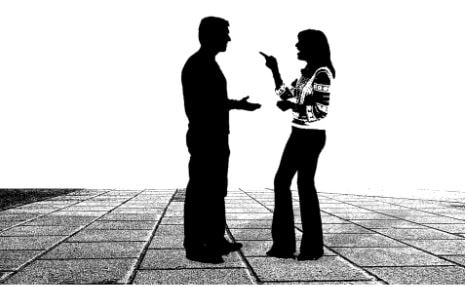
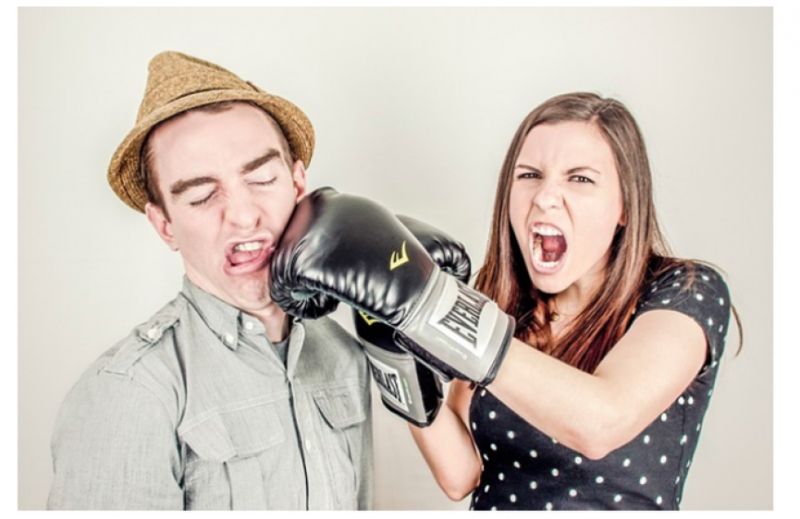



2020310143716.jpg)
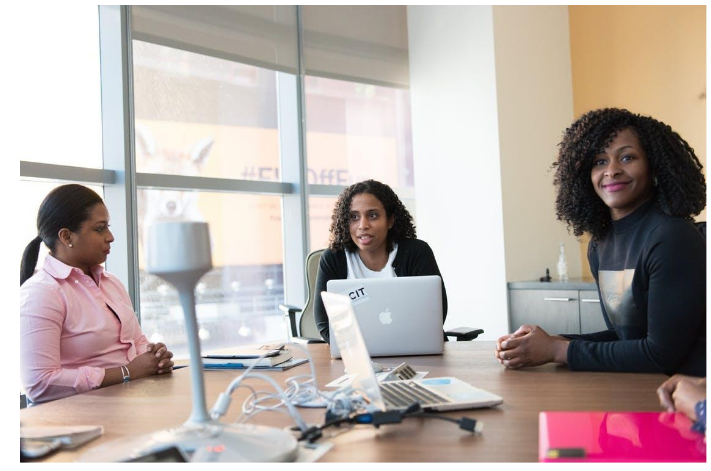
202082125321.jpg)

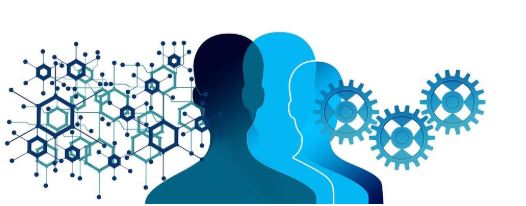
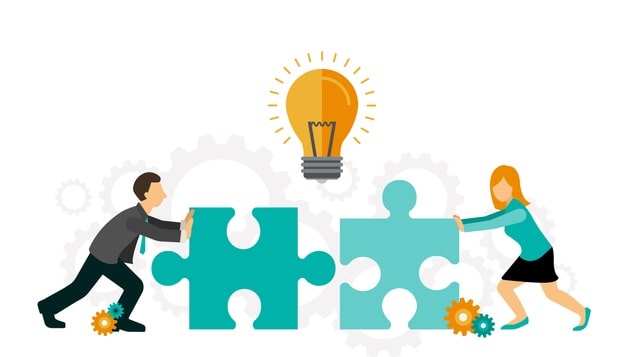
202082124210.jpg)